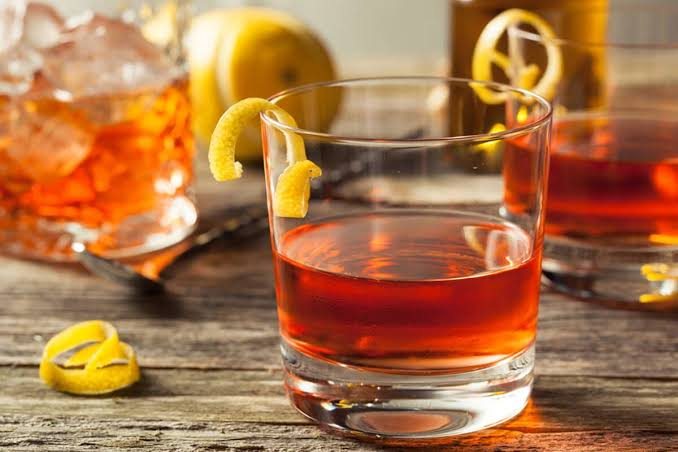Insight of the Day: Five Trends Driving Change in the Alcoholic Drinks Industry
- InsightTrendsWorld

- Oct 11, 2024
- 2 min read
Findings:Five major shifts are impacting the alcoholic drinks industry, pushing brands to rethink their strategies. Gen Z's drinking habits are shifting away from alcohol, while low and non-alcoholic drinks are on the rise. Sustainability, particularly in packaging, is becoming a crucial consumer expectation. Additionally, soft drink brands are tapping into the alcoholic ready-to-drink (RTD) market, and e-commerce for alcohol is expanding due to at-home consumption and demand for convenience.
Key Takeaway:The alcoholic drinks industry must adapt to evolving consumer behaviors, particularly moderation in drinking and sustainability, while leveraging new opportunities in e-commerce and RTD.
Trend:A shift toward moderation, sustainability, and convenience is shaping the alcoholic drinks industry.
Detailed Analysis:
What is Consumer Motivation?Consumers, especially younger generations like Gen Z, are reducing their alcohol consumption and seeking out alternatives such as low and non-alcoholic beverages. They are also motivated by sustainability, expecting brands to minimize their environmental impact, particularly through eco-friendly packaging.
What is Driving the Trend?The shift is driven by changing social norms, a growing focus on health and wellness, and environmental concerns. Technological advancements in e-commerce and collaborations with soft drink brands are opening new opportunities for brands.
Who Are the People the Article Refers To?The article primarily refers to Gen Z consumers, who are drinking less alcohol in social settings. It also addresses the broader market of consumers interested in moderation, sustainability, and convenience, such as Millennials and health-conscious individuals.
Description of Product/Service: Low and non-alcoholic beverages, sustainable packaging innovations, alcoholic RTD (ready-to-drink) products, and alcohol e-commerce platforms.
Age Group:Primarily Gen Z and Millennials, though the trends apply to a broader audience of health-conscious and eco-conscious consumers.
Conclusions:Brands that fail to address consumer demands for healthier drinking options, sustainability, and convenience risk falling behind. New collaborations and e-commerce advancements offer opportunities for growth in a changing market.
Implications:
For Brands:Brands must prioritize sustainability, low and non-alcoholic product offerings, and explore collaborations with soft drink brands. E-commerce will also be a key channel for growth.
For Society:Health and wellness movements, along with sustainability concerns, are driving societal shifts away from alcohol-heavy lifestyles. Brands embracing these values will lead the way.
For Consumers:Consumers will benefit from more choices, particularly those focused on moderation, health, and convenience. Sustainable packaging also aligns with consumer desires to reduce environmental impact.
For the Future:The alcoholic drinks industry will continue evolving, with brands focusing on eco-friendly practices, expanding their low/non-alcoholic offerings, and leveraging the growth of e-commerce for greater market reach.
Consumer Trends:
Main Consumer Trend:Moderation and Health – Increased interest in low and non-alcoholic drinks as consumers shift toward healthier lifestyles.
Consumer Sub-Trend:Sustainable Packaging – Growing demand for environmentally responsible packaging from alcohol brands.
Big Social Trends:
Big Social Trend:Sustainability and Health Consciousness – Consumers are prioritizing eco-friendly practices and health in their drinking habits.
Local Trend:Sustainability in packaging and increased demand for healthier drinking options are affecting local alcohol markets.
Worldwide Social Trend:Globally, consumers are drinking less alcohol and seeking sustainable alternatives in both products and packaging.
Name of the Big Trend:
Health-Driven Moderation in Alcohol Consumption
Name of the Big Social Trend:
Sustainability and Eco-conscious Consumerism





Comments